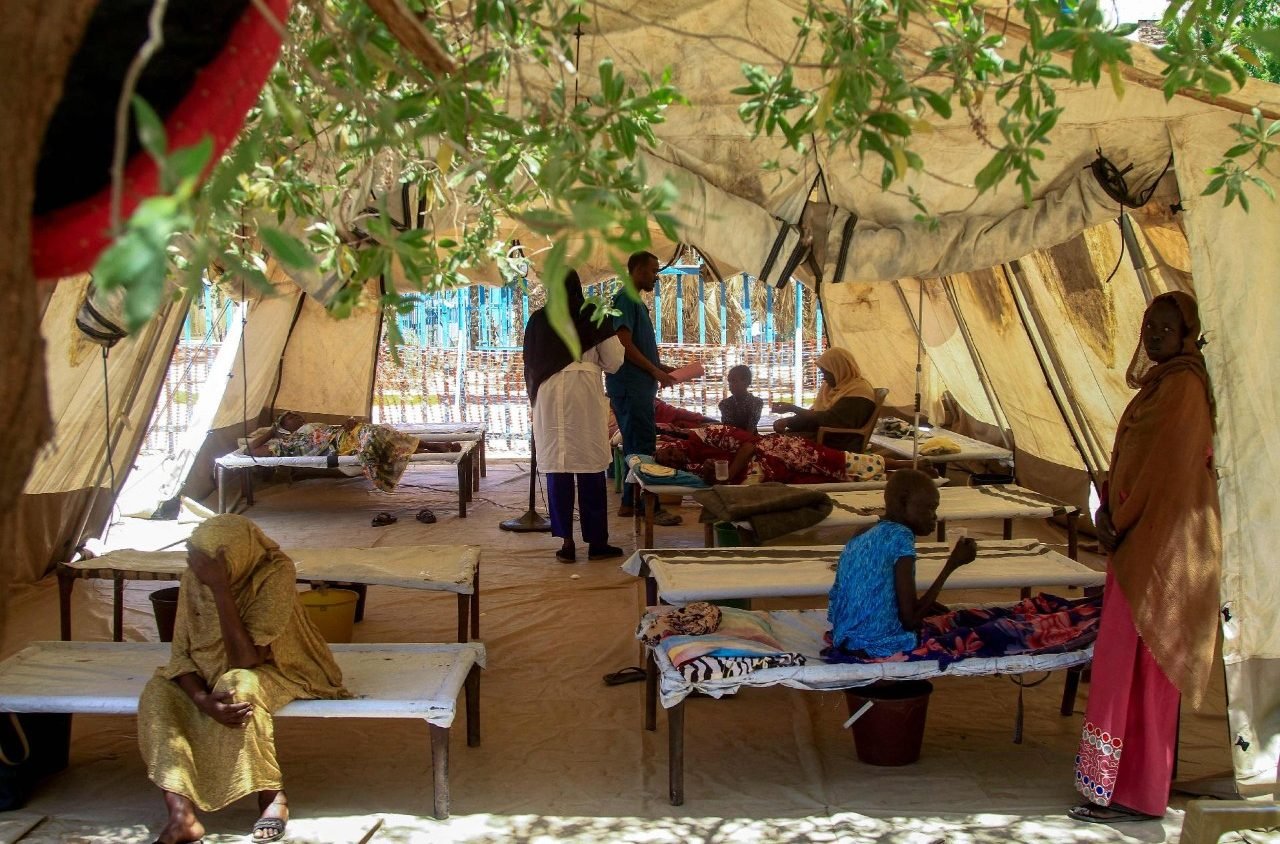A new UNICEF report documents high risk levels for the hundreds of thousands of children in Sudan suffering from malnutrition and the threat of cholera as a result of ongoing violence.
By Kielce Gussie
After more than two years of violence, destruction, and displacement, Sudan continues, according to the United Nations and other aid organizations, to be the world’s largest humanitarian crisis.
A recent report by UNICEF, the United Nations Children’s Fund, says that more than 640,000 children under the age of five are at risk as result of the cholera outbreak in North Darfur State.
Increase in the number of cases of cholera
The first case was documented on June 21, 2025 in the city of Tawila, and since then, the cases have grown to over 1,180 with about 300 of them being children, with at least 20 deaths. This is a steep rise in the cases of infection, in a city that has welcomed over half a million internally displaced people.
There have been almost 2,140 cases pf cholera with at least 80 related deaths across Darfur’s five states.
Our future at risk
Since April 2025, North Darfur has been facing an escalation of violence, which has put the lives of more than 640,000 children under the age of five at high risk due to conflict, disease, and hunger. Although hundreds of thousands have fled to Tawila, clashes continue and the situation remains precarious—scarce food, insufficient clean water, limited shelter, and an increasing threat of disease.
The state of North Darfur has seen its hospitals bombed and healthcare facilities near conflict zones shut down. As a result, access to medical care has been severely limited. Bring that together with unsafe water and poor sanitation, the spread of cholera and other deadly diseases—particularly in overcrowded displacement areas—is accelerating.
Recent studies, according to UNICEF, reported the number of children suffering from severe acute malnutrition in North Darfur has doubled in the last year. Tie that together with the cholera outbreak and children who are weakened due to malnutrition are more susceptible to infection and death.
The report also stressed that “without immediate and safe access to life-saving nutrition, healthcare, and clean water, preventable child deaths will continue to rise.”
Essential supplies can save lives
The UNICEF Representative in Sudan, Sheldon Yett, explained that even though cholera is preventable and easily treatable, it “is devastating Tawila and other parts of Darfur, threatening the lives of children—especially the youngest and most vulnerable”.
The UN organization continues to work around the clock with their partner groups to stop the outbreak, but the ongoing violence “is increasing needs faster than we can meet them.” Yett highlighted that UNICEF has repeatedly called for “safe, unimpeded access to urgently reverse this trend and reach the children in need” because “they cannot wait another day.”
Providing help on all fronts
On all fronts, UNICEF has been providing health, water, sanitation and hygiene supplies to the millions of people who have been displaced due to the conflict.
In Tawila, 30,000 people now have access to safe, chlorinated drinking water thanks to UNICEF-supported water trucks, restored wells, and newly installed storage systems. In Daba Naira, 150,000 people have received hygiene kits with chlorine tablets enabling families to treat water at home.
Dedicated to stopping the outbreak and supporting recovery of cholera, UNICEF is working to give out 1.4 million doses of oral cholera vaccines.






